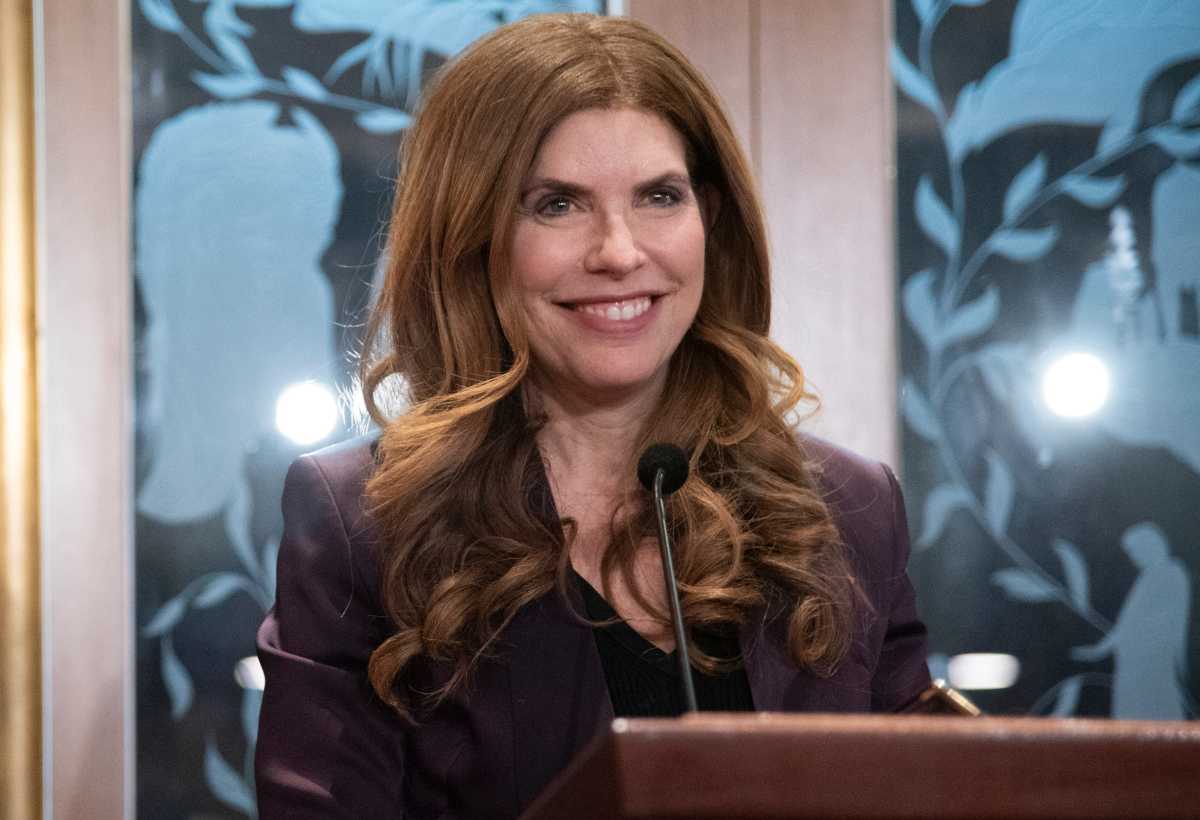BY SHEILA GARCIA and HARVEY EPSTEIN
In Joseph Strasburg’s editorial published on May 14, ”Rent rules hurt everyone,” he attacks Mayor de Blasio’s proposal to strengthen the rent laws and conveniently ignores all the facts about the New York City real estate market.
The facts show that what the mayor is proposing is exactly what is needed to save NYC’s largest stock of affordable housing. Landlords and their lobbyists have weakened rent laws for the past 20 years. Allowing landlords to have vacancy bonuses and rights to deregulate apartments has led to the loss of almost 300,000 affordable, rent-stabilized apartments.
In addition, vacancy deregulation creates an incentive for landlords to harass existing rent-stabilized tenants so that tenants move out, landlords increase rents and the apartment gets closer and closer to the threshold. Removing this incentive, as the mayor has proposed, is absolutely critical.
Mr. Strasburg also ignores the fact that rent increases proposed by the Rent Guidelines Board have overcompensated owners over the past 20 years. Rent increases by the board have resulted in a 34 percent increase in net operating income. Rents in rent-stabilized apartments have also increased at a pace that far exceeds the consumer price index in the past two decades.
He further ignores the fact that rent-stabilized tenants are low income, earning, on average, less than $40,000 per year. Strasburg also overlooks the fact that most of the rent-stabilized apartments are owned by large corporations, many of which engage in predatory tactics. If owners really do need increases, they should open their books.
Moreover, rent regulation is not just about protecting tenants from huge rent increases and market speculation — it is about preserving the stability of our neighborhoods.
Rent regulations give tenants the right to have their leases renewed and stay in their apartments, making a home to raise their children and grandchildren. Without this protection, the 2.5 million tenants who live in rent-stabilized apartments would worry about where they would live every time their lease expired — every one to two years.
This important protection allows tenants to confront landlords who violate the law by not providing basic services or harassing tenants with frivolous lawsuits or charging them illegal fees. It allows tenants to organize, to call 311, to take their landlords to court. Without this protection, many tenants would not organize or fight for their rights, and many more would live in substandard housing conditions.
This protection is good for all tenants at various income and rent levels.
Tenant representatives work hard to support rent subsidies for low-income tenants. However, that is only one solution to the affordability housing crisis we have in New York. More than 60,000 New Yorkers are homeless. More than 28,000 individuals and families are evicted each year, and approximately half of those evictions are from rent-stabilized apartments.
What tenants need right now is the end to vacancy deregulation, MCI reform, elimination of additional fees, a right to counsel in housing court and a rent freeze. This is essential for all New Yorkers.
Garcia is the deputy director of Community Action for Safe Apartments (CASA) and Epstein is director of the Community Development Project at the Urban Justice Center.
RECOMMENDED STORIES

































